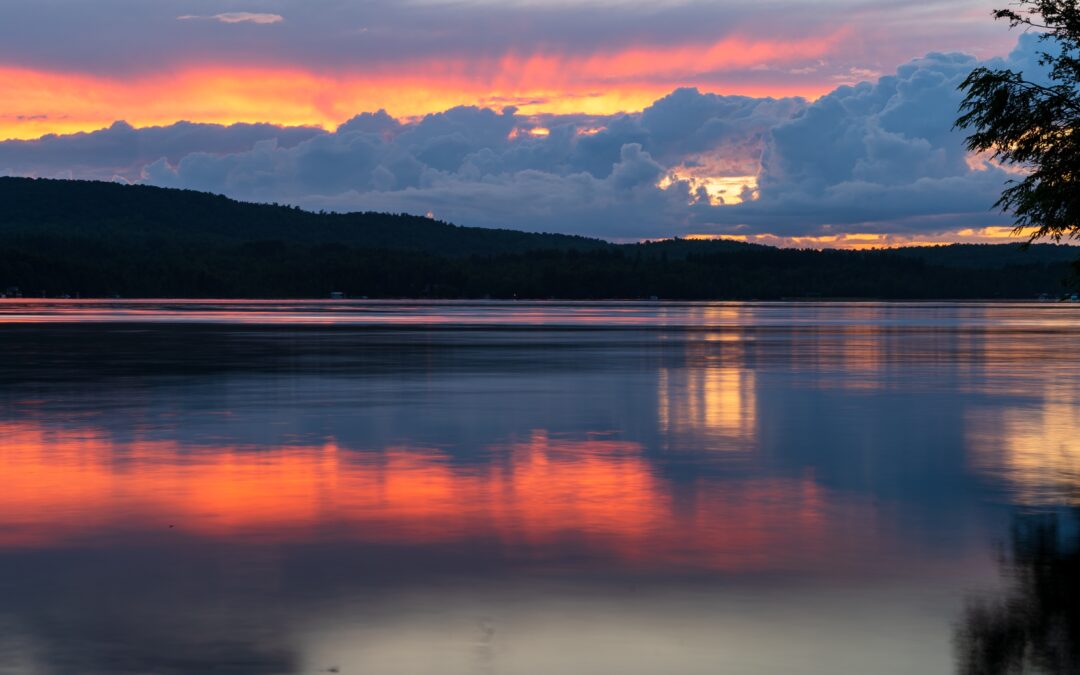The sun is setting behind a ridge across the lake when I notice a couple of things simultaneously. First, insects are not bothering me. I have watched and photographed the sunset for about 20 minutes and have not experienced a single buzz or bite—a stark contrast considering prior, similar settings. Second (although it may have come first), I realize the black surface of the hollow metal tube next to me is covered with an entomological variety the envy of National Geographic: large mosquitoes, the crane flies people errantly think of as mosquito hawks, and an unidentifiable assortment of other Paleozoic-looking, lace-winged, proboscis-prepped, writhing little monsters. I suppose the warmth of the telescope is distracting the pests from me.
“Has a nation changed its gods, even though they are no gods? But my people have changed their glory for that which does not profit. Be appalled, O heavens, at this; be shocked, be utterly desolate, declares the Lord, for my people have committed two evils: they have forsaken me, the fountain of living waters, and hewed out cisterns for themselves, broken cisterns that can hold no water” (Jeremiah 2:11-13).
God’s cloud of holiness may seem a version of DEET-against-humanity, to keep at bay what must surely be nothing but a noisy, needy nuisance to the Divine. Rather than finding relief that we turn our attention and effort to hollow tubes—broken cisterns—he commands, implores, and invites us to come to him, even tearing the curtain formerly separating us from him and venturing of his own accord into our swarm.
“Come to me, all who labor and are heavy laden, and I will give you rest” (Matthew 11:28).
This week, may the shame and distractions which could keep us from God become the gratitude and intention to rely on nothing else.

